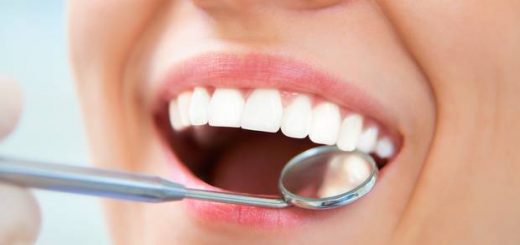Everything You Need To Know About Vitamin K2 (MK-7)
Everyone knows about vitamins A, B, and D, and almost everyone knows why it is crucial to get enough of them. However, vitamin K2 is the least known of all the vitamins, yet it is vital for our health. Here’s everything you need to know about this vitamin!
Different Forms of Vitamin K2
Vitamin K2 can be further divided into various subtypes, the most crucial of which are MK-4 and MK-7. Bacteria partially produce the substance in the (large) intestine from about three months of age. However, the amount that the body produces on its own is usually not sufficient, so it is often necessary to have it through supplements. Vitamin K consists of two components that occur naturally: vitamin K1 (phylloquinone) and vitamin K2 (menaquinone). Vitamin K1 (phylloquinone) is mainly found in green vegetables, especially spinach, kale, Brussels sprouts, and broccoli. Dietary intake ranges from 5 to 15 %. Vitamin K2 is mainly found in fermented products such as Natto, a Japanese dish that has been around for 1000 years. Natto consists of fermented soybeans, which many foreigners have a hard time consuming due to its taste. The absorption of vitamin K2 is many times (up to ten times) better than vitamin K1.
Benefits of Vitamin K2 Vitamin k2 (MK-7) For Artery Walls and Bones
Vitamin K2 helps against blood clotting and the production of specific proteins in the liver, bones, teeth, cartilage, and arterial wall. In the body, vitamin K1 is mainly concentrated in the liver. In other organs, such as blood vessels and bones, vitamin K2 is the most basic form.
Osteocalcin
Osteocalcin is a bone protein that plays a vital role in bones and teeth. Vitamin K2 is significant for bone health and can help protect against bone loss.
Healthy Bones and Osteoporosis
Calcium is essential for healthy bones and teeth, and vitamin K2 ensures proper absorption of calcium. Extensive clinical studies have shown that dietary supplementation with vitamin K2 (MK-7) largely preserves bone strength.
Matrix GLA protein
Matrix GLA protein (MGP) is a vitamin K-dependent protein found in artery walls and cartilage. It helps keep the blood vessels and joints in the body flexible and clean.

Natural Vitamin K2
Cardiovascular Disease
Excess calcium in the body affects the elasticity of blood vessels. Flexible blood vessels are essential for preventing cardiovascular disease, and vitamin K2 contributes to good calcium transport and ensures that blood vessels remain clear and flexible.
Pregnancy
To avoid losing too much blood during pregnancy, your body increases the activity of blood-clotting elements. If this activity is too high, the risk of thrombosis increases. The right balance between them is provided by vitamin K. However, vitamin K2 cannot be passed through the umbilical cord. Therefore, vitamin K2 must be given to the baby. Vitamin K2 deficiency in infants can cause bleeding in the brain.
The Difference Between Vitamin k2 MK-7 and Vitamin k2 MK-4
The synthetic form of vitamin K2 is called MK-4, and this form of vitamin K2 is much less easily absorbed and requires a higher dose than the natural form of vitamin K2 known as MK-7. Much scientific research is based on a natural extract of vitamin K2 (MK-7) from Natto. Therefore, supplementing with natural vitamin K2 (MK-7) from the Japanese food Natto is preferable.
Foods With Vitamin K2
To prevent vitamin K2 deficiency, it is essential to eat enough of these foods: -Natto (a traditional Japanese food made from fermented soybeans). -Hard cheese -Soft cheese -Egg Yolk -Butter -Chicken liver -Salami -Chicken breast Share your thoughts with us in the comments below!



